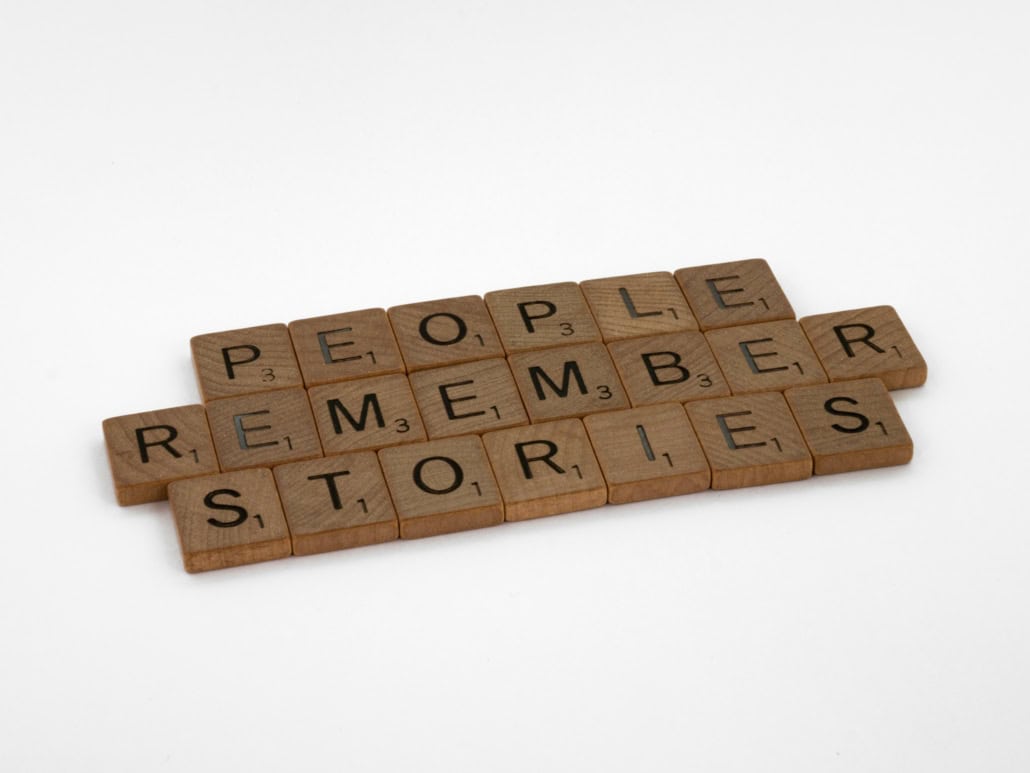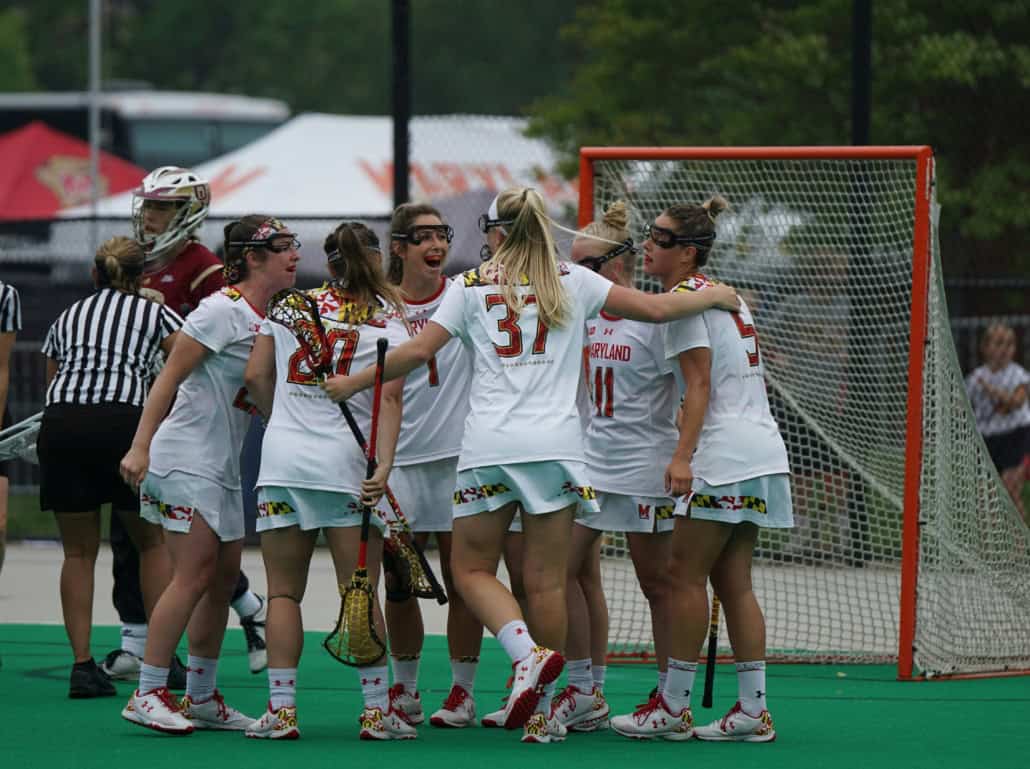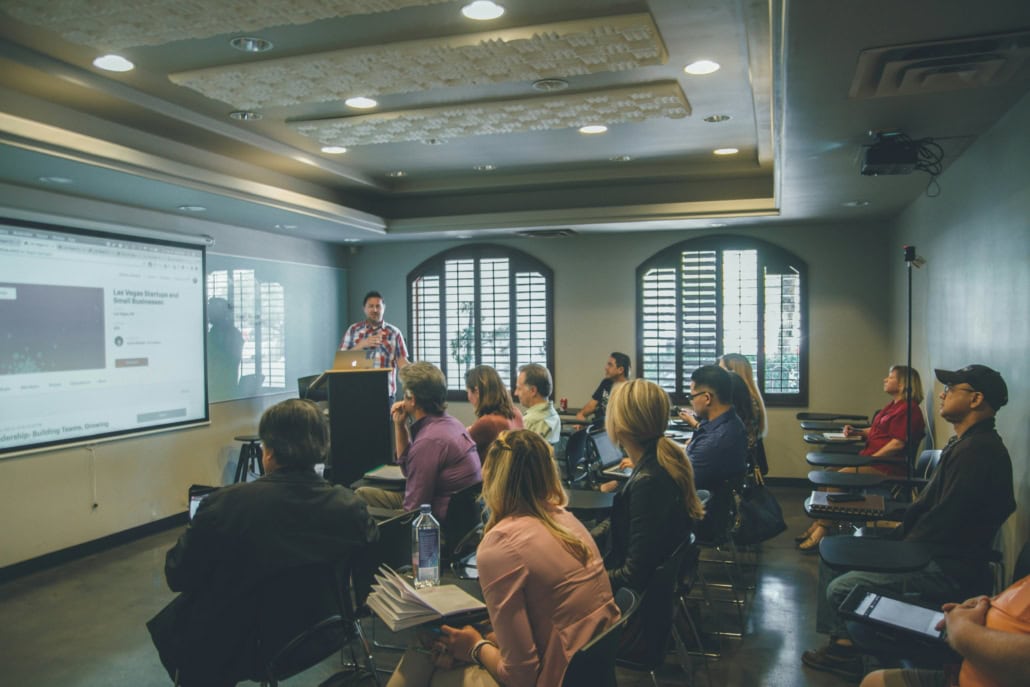How We Share Things That Happen Is Key
Over the past decade or so, I’ve spent much of my time conversing with people from the family enterprise world.
Many of them are part of existing or former family enterprises, and others are peers who now serve such families. (And lots tick both boxes!)
What never ceases to fascinate me is how many stories capture not only what occurred, but also how things played out for all family members, and how the follow on effects can land so differently with each of them.
A great exploit for one person can take on the opposite effect for different family members, for a variety of reasons.
Learning to tie the stories together into a common family narrative can be a useful undertaking.
At Least I Got a Story!
Knowing how to tell a story is an art, and for some reason I’ve been given the gift of being above average in this area.
It’s a blessing that can also be a curse, as those who are less gifted will often defer to me to share a tale because I can deliver it with more gusto than the person who initially wanted to share it with a group.
Making room for the various versions of how an event was lived by its different protagonists is also worthwhile.
But because of my penchant for relating unexpected events with fanfare, I always have my antenna up for them, and even something mundane will have me say to myself, “Well, at least I got a story out of it!”
The Jessica Holmes Version
It’s not every day that I get to introduce someone onto a stage with words like, “She has opened for Oprah and Jerry Seinfeld…”, but On May 28, 2024, I did just that.
It was as part of my role as co-Emcee of the Family Enterprise Canada annual Symposium, and the keynote was superbly delivered by Jessica Holmes, following that intro that she had scribbled on a bit of paper 10 minutes prior to my intro.
Her presentation was the highlight of the conference for many, as she left everyone with many things to reflect upon in new ways.
For me, what really landed were the parts about “the story” that peppered her speech.
This was something inspired by her parents, which she is now transferring to her children, as getting “the story” has become a large part of their family lore.
Her line, “We’re paying for the story”, was a constant reminder to persevere in the face of challenging situations that may have otherwise caused her to turn back.
Turning Stories into a Narrative
Holmes related a tale where she and her son were kayaking in the ocean and the waves made her reconsider and want to turn back rather than continue their planned route.
It was her son who reminded her about the desire to get the story they’d “paid for” when they rented the boat, and she was happy to share that this family tradition had indeed been absorbed by her child.
When family stories are shared, they can become part of the family brand, the family values, and the way the family sees itself.
You don’t have to have a family enterprise to realize this, nor a lot of family wealth, but such families have even more reason to pay attention to these things, as they can be key to family engagement and alignment, which are so useful when transitioning from one generation to the next.
The sharing and understanding of how the family got to where it is now become part of the family’s narrative; the way it thinks about itself and presents itself, both internally among themselves and even externally to other stakeholders and the world in general.
The Battle Versus the War as an Analogy
As someone who loves metaphors and other analogies, they’re never too far away in my mind.
The trick is to appreciate what they bring while tempering them and not falling in love with them too much.
Such is the case with this one that came to me overnight: stories are like various battles, while the narrative is the war.
I like the fact that you can lose some battles and yet prevail in the war.
And let’s not forget what they say about history books, they’re written by those who won the war.



















